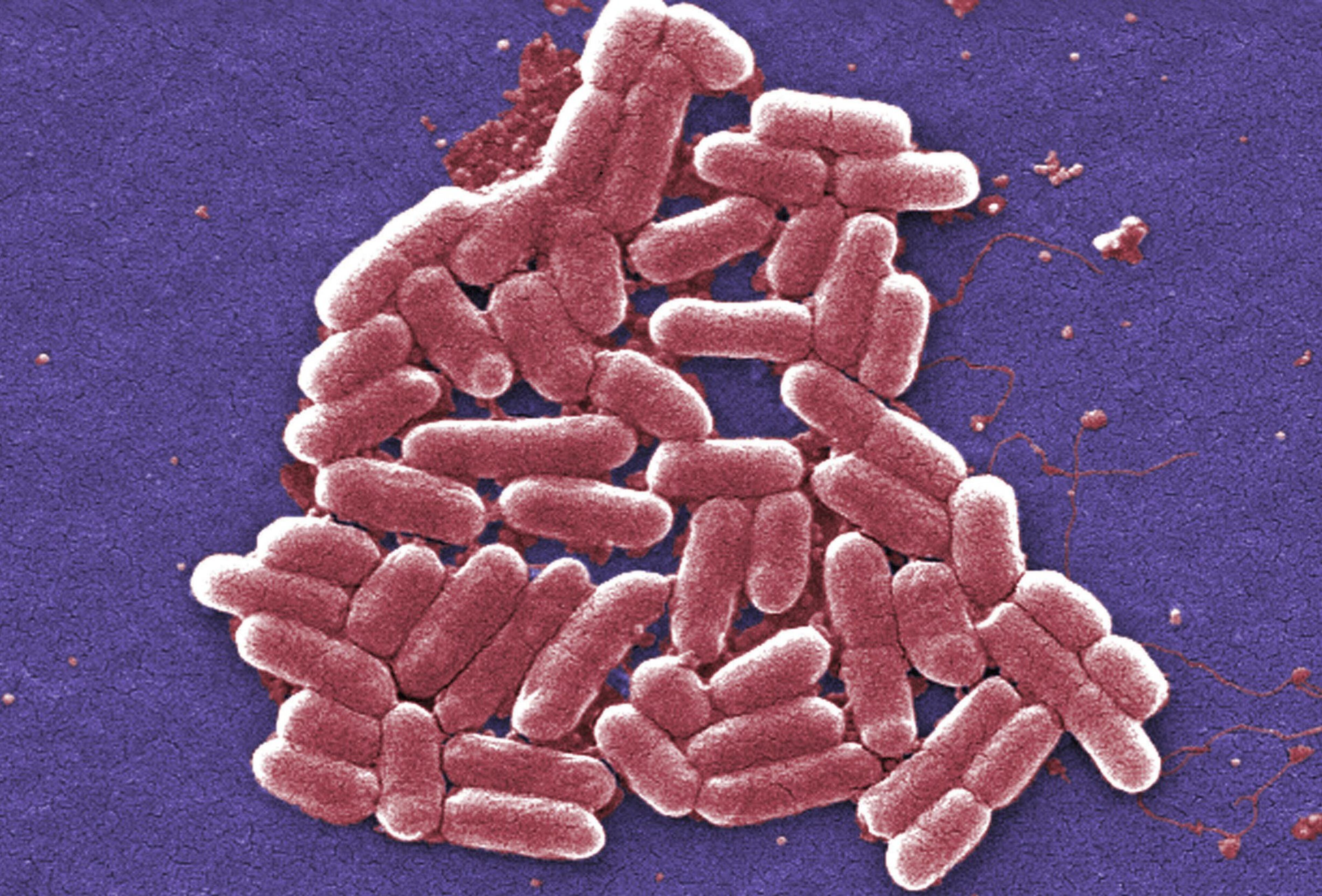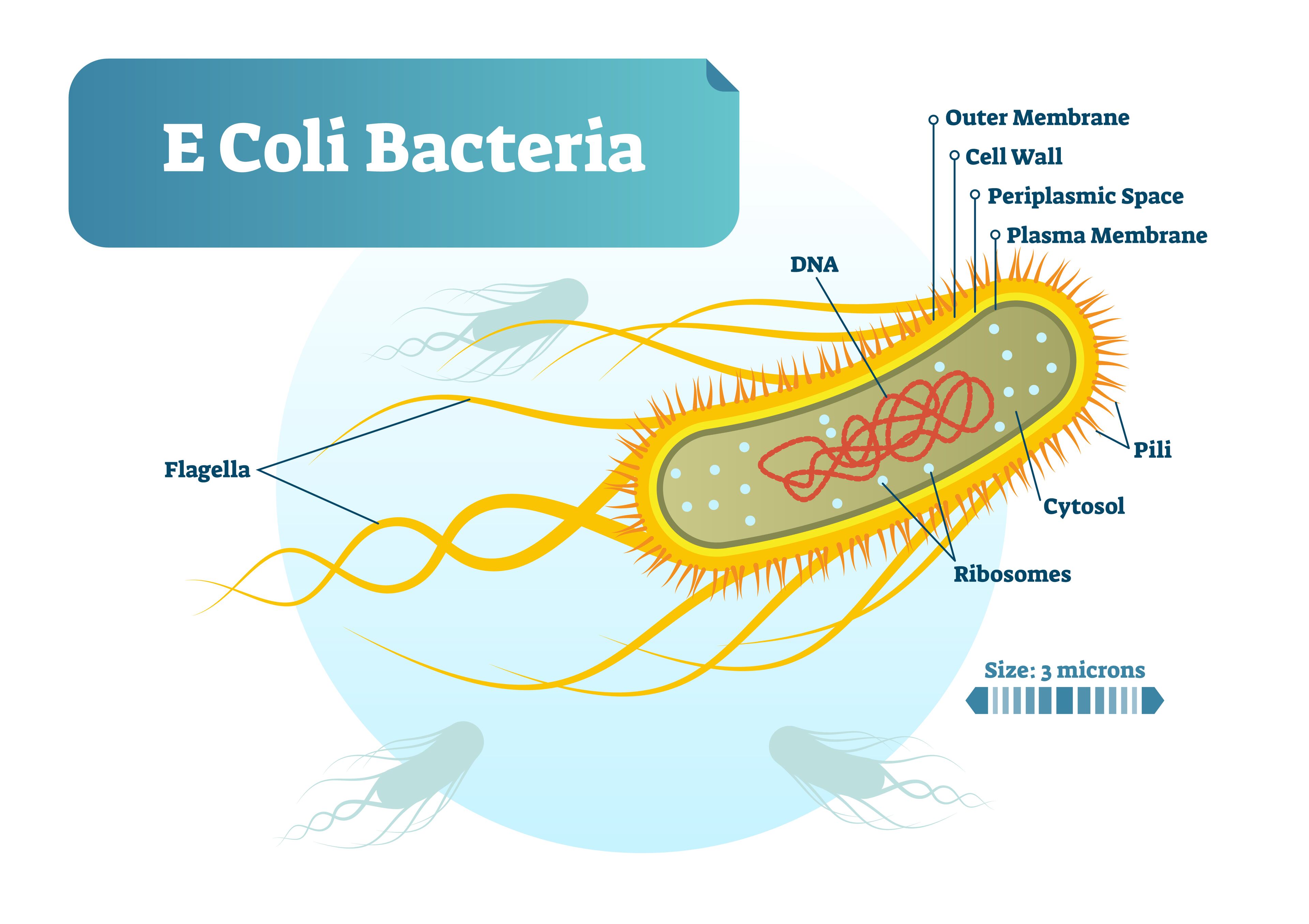E.coli outbreak grows in Georgia, but source remains a mystery
Health authorities are scrambling to identify the source of an E.coli outbreak as the number of people sickened by the food-borne virus climbs in Georgia and neighboring states.
The Centers for Disease Control and Prevention said Tuesday nearly 100 cases have been reported, with the vast majority concentrated in the Southeast.

Since March 2, 46 people have fallen ill in Kentucky, 26 in Tennessee, 17 in Georgia, five in Ohio and two in Virginia. So far, 11 people have been hospitalized in this puzzling outbreak, but no deaths have been reported.
The current outbreak is linked to a strain known as E.coli 0103. While considered serious, it's less likely to cause the severe illness, kidney failure and death that E.coli 0157 did last year. A June 2018 outbreak of that strain sickened about 210 people in 36 states and caused five deaths. Another outbreak led to an enormous recall of romaine lettuce last November.
Laura Gieraltowski, leader of the CDC's Foodborne Outbreak Response Team, said the investigation into the current flareup is "moving quite rapidly" and that she was hopeful the agency will soon determine the source.
For now, the CDC isn’t advising the public to avoid any particular food.
Outbreaks of E.coli 0103 — which can lead to stomach cramping, vomiting and diarrhea — are relatively uncommon, but this current one is the largest on record.

MORE: CDC awards Georgia State $3.75 million grant for research on refugee, migrant health
The patients in the five states range in age from 1 to 81 years old, with a median age of 17. In Georgia, health officials are not releasing the location of those who have gotten sick. Three of them have been hospitalized, and the median age of those infected in the state is 15.
Though E.coli naturally occurs in the gut of healthy people and animals, a few nasty strains — transmitted through contaminated water or food, and sometimes through contact with other people and animals — cause illness.
Symptoms of E.coli infection usually begin three or four days after consuming the bacteria. Most people recover within a week. The CDC recommends that those who develop symptoms of E.coli infection contact their doctors as soon as possible. Doctors and hospitals report suspected cases of E.coli illnesses to local health officials, which can help identify the source.
E. coli can affect anyone exposed to the bacteria. But young children, older adults and people with weakened immune systems are more likely to develop complications from the infection.

Bill Marler, a prominent food safety lawyer from Seattle, said it's concerning the CDC has yet to identify the source, but added that it can sometimes be challenging.
Investigations are turning to DNA science, tapping into whole genome sequencing to pinpoint the sources of E.coli bacteria. But technology must be combined with interviews with sick people to determine everything they have eaten recently in an effort to identify clusters of illness.
“You might remember the hamburger you ate, but not the side or the sprouts on the hamburger,” said Marler.
He suspects those sickened in the latest cases don’t recall a side dish or food topping consumed, like parsley or peppers or lettuce — ingredients easily forgotten.
The CDC recommends a number of steps to reduce risk of exposure to E.Coli, such as careful hand washing, rinsing fruits and vegetables, cooking meat thoroughly and avoiding cross-contamination in food preparation areas (for example, don’t use the same cutting board to slice chicken and then vegetables).
Other recommendations to prevent E.coli illness include avoiding unpasteurized dairy products and unpasteurized juices.



